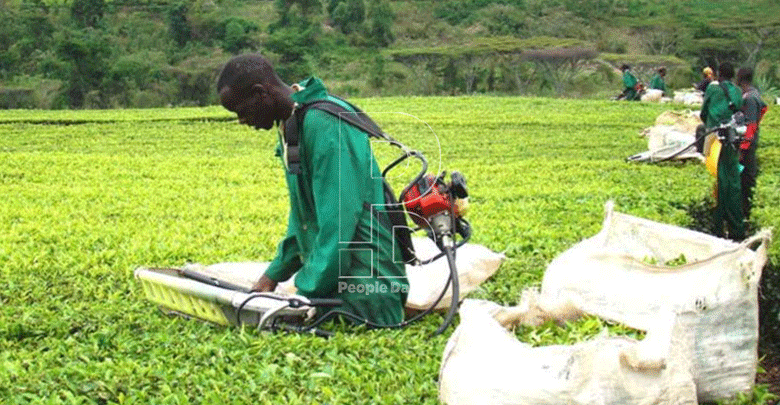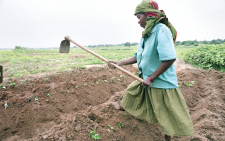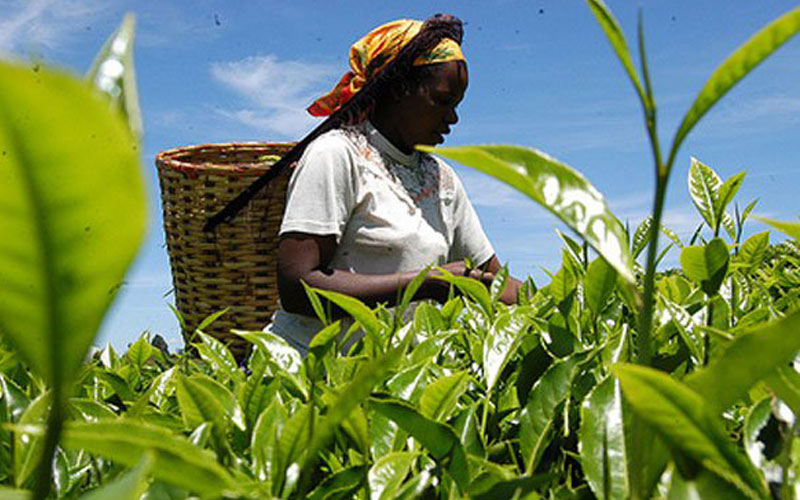Tea production dip 0.7pc as global glut pushes down prices

FARMERS: The volume of green leaf produced by smallholder tea farmers under Kenya Tea Development Agency (KTDA) management dropped by 0.7 per cent to 615 million kgs during the last six months ended December 2020 compared to 619.5 million kgs recorded during the same period in 2019.
During the period under review, the average price per kilo of KTDA teas at the Mombasa Tea Auction dropped significantly by 14 per cent to USD 2.18 from USD 2.54 recorded in the same period in 2019.
Despite a slight drop in production, the dip in tea prices is attributed to the high volumes of tea that continue to be delivered to the auction from the region, in addition to the global oversupply of tea.
“High volumes of tea produced in the East African region and elsewhere on the globe have contributed to the continued price decline in the global market,” said KTDA Management Services Managing Director, Alfred Njagi.
This is the third year in a row that prices have declined due to global supply surplus above the market demand and in line with a 2018 Food and Agriculture Organisation market forecast.
High tea production in Kenya is mainly a result of favourable weather conditions during the period, besides the expansion of acreage under tea over the years.
In the last financial year (2019/2020), smallholder farmers under KTDA produced 1.454 billion kilos of green leaf, up from 1.13 billion kilos the previous year (2018/2019) – representing a 28.7 per cent increase in production.
Smallholder farmers
Data from Kenya National Bureau of Statistics (2020) also shows that smallholder farmers across the country, including those delivering to KTDA-managed factories, have been increasing acreage under tea, which stood at 163,000 hectares (2019), up from 141,800 hectares (2018) which has contributed to the increase in tea volumes on offer in the market.
“The impact on tea prices of the commencement of the Tea Act 2020 that requires all black tea exports processed and manufactured in Kenya to be sold exclusively at the tea auction floor will soon be realised” said Njagi, adding that, “we are waiting to see the full effects of the new law to the industry in the coming months.”
In 2019, the world produced 6.1 million kgs of made tea during which time consumption stood at 5.86 million kgs, spilling an excess of 290 million kgs of tea that continues to crush the markets.
The increased global tea production is responsible for the downward movement of prices.














